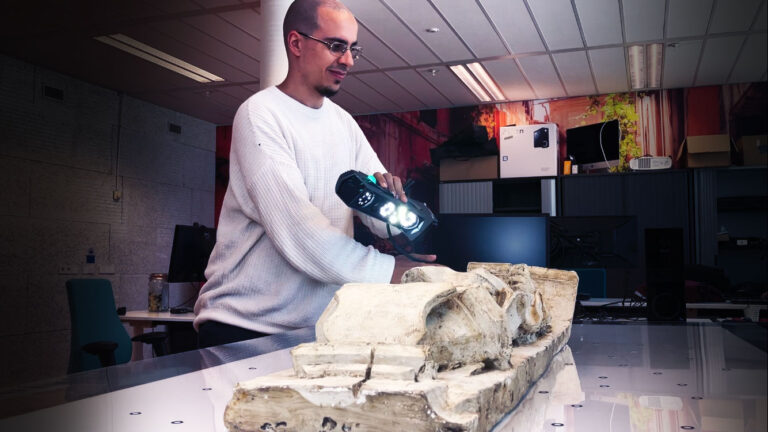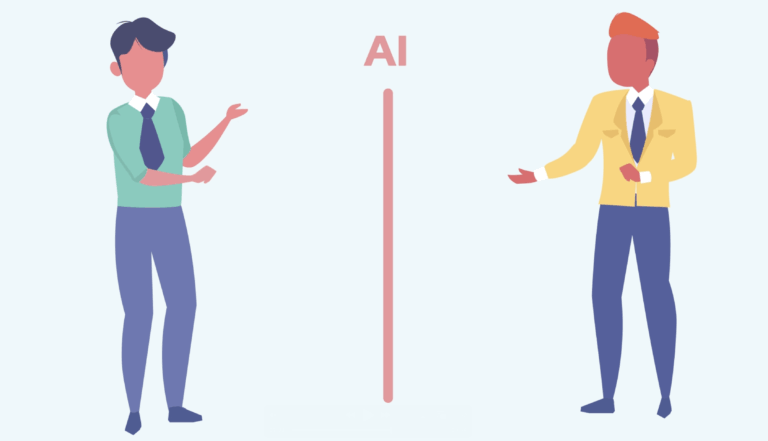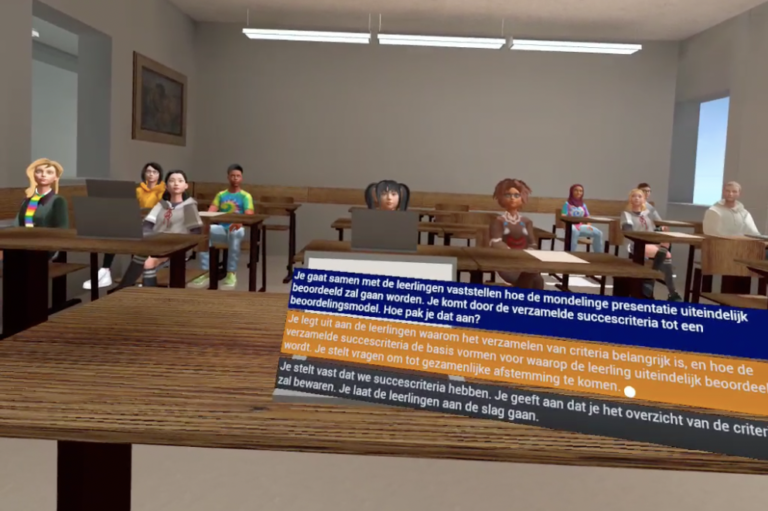Blended Learning Animations – Who Is the Engineer of the Future?
How do students discover who they want to become?
That question was at the heart of a major project initiated by the Mechanical Engineering faculty in collaboration with the Graphics team at the New Media Centre (NMC) at TU Delft. The goal: to make engineering roles more accessible, relatable, and inspiring through animated storytelling.
The project centered on the concept of the “Engineer of the Future.” Eight distinct engineering roles were developed and turned into animated personas. Each role had its own narrative, style, and personality—designed to help students identify themselves with potential career paths.
Our team began by translating complex academic concepts into engaging scripts. Every element—from voiceovers to visual frames—was crafted from scratch. Style consistency was crucial. Each illustration was hand-drawn, and the average video length was two minutes, long enough to inform but short enough to keep attention.
Over the course of a year, this became more than just a series of videos—it evolved into a new form of blended learning. One of the most rewarding challenges was designing a fresh visual style from zero and building an entire learning experience around it.
“Through animated stories of tomorrow’s engineers, students don’t just learn about careers—they see themselves shaping the future.”
You can see the final result in the videos—each one a compact visual journey into a future profession.
Would you recognize yourself in one of these engineering personas?
Playlist









Graphic Designer: Rui-Jun Luong





